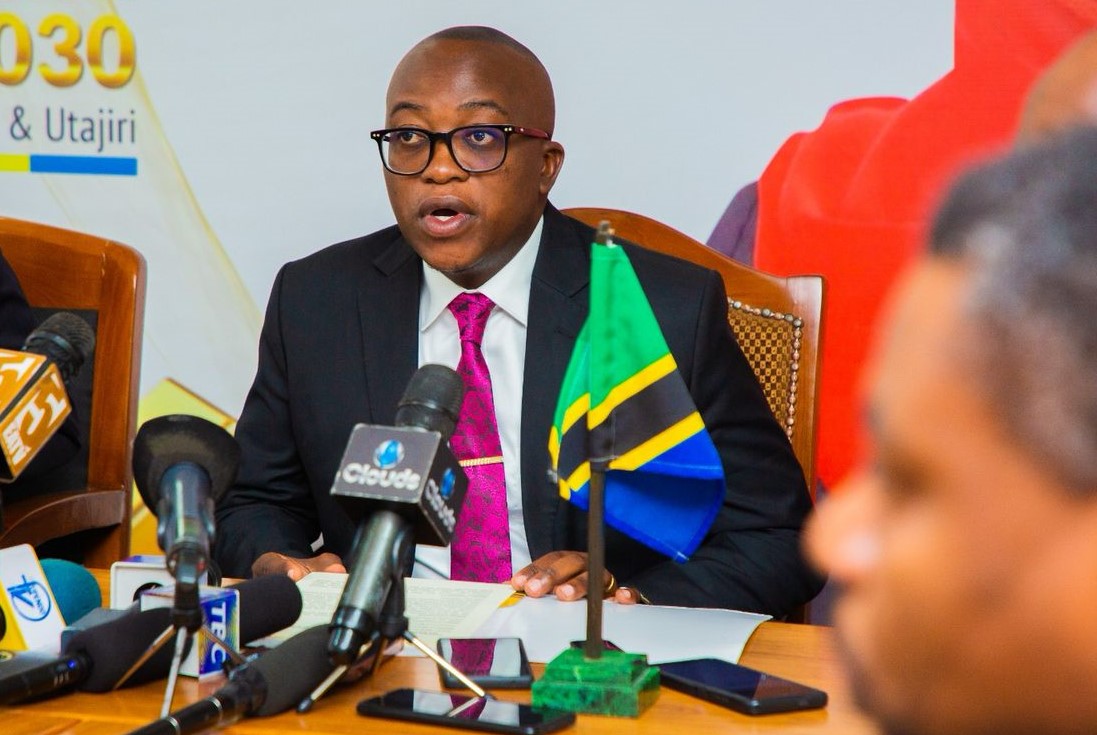What Zambia border closure means to four countries
Dar es Salaam. Closure of the Tunduma-Nakonde border in the fight against Covid-19 will deal a heavy blow to the economies of Tanzania, Zambia, the Democratic Republic of Congo (DRC) and - partly - Zimbabwe, analysts say, calling on swift resolution.
The Tunduma-Nakonde border crossing point is Tanzania’s busiest, as it connects Dar es Salaam, withLusaka (Zambia), Lubumbashi (DRC) - and, to some extent: Harare in Zimbabwe.
Data produced at the launching of the convertibility and repatriation of the Tanzanian shilling and the Zambian kwacha in February this year show that over 70 percent of goods in transit which are imported through Dar es Salaam port pass across the Tunduma-Nakonde border.
On average, the value of cargo passing through the border annually to destinations in Zambia, DRC and Zimbabwe is estimated at $1.5 billion.
But, this is now disrupted, following the Zambian government decision to close the border with Tanzania ostensibly in efforts to curb further spread of Covid-19.
The decision - which became effective yesterday, Monday, May 11 - came after the Nakonde district recorded 76 new Covid-19 cases on Saturday, May 9, its highest single day increase so far.
Zambian Health minister Chitalu Chilufya said the border closure would allow for cleaning, disinfection and Covid-19 testing to be conducted in Nakonde, as well as retraining immigration staff at the border on how to deal with the entry of persons and goods.
True to that, a check by The Citizen the border crossing point revealed that it was NOT business as usual yesterday.
Police were patrolling the Zambian side, although people were allowed to cross to the other side of the border.
Shops on the Nakonde side of the border are mostly owned by Tanzanians. But they remained closed yesterday as the owners were told to close them and stay on the Tanzania side of the crossing.
The Nakonde Intercity Bus Station – which links the border town with Zambia’s major urban centres, including Lusaka - was not working yesterday as there were no travelers to ferry.
Police on the Tanzanian side were busy informing people regarding the dangers of trying to sneak into Zambia amid the border closure by the neighbouring country.
There were no traffic jams yesterday because vehicles which normally ply the border roads leading to and from the two neighbouring countries were directed to stop as of Sunday.
“The decision by Zambia will adversely affect us (Tanzanians) because we use the Zambia route to go to DRC Congo and Zimbabwe. The closure means that cargo is stranded at the border, including petroleum products that could easily explode. Urgent measures must be taken to address this,” Tanzania Freight Forwarders Association (Taffa) President Edward Urio told The Citizen yesterday.
But the government calls for calm, saying it was planning to have all cargo truck drivers tested of Covid-19 and issued with 14 days clearance certificate before they can be allowed to transport goods to other states.
Works, Transport and Communications minister, Mr Isack Kamwelwe told The Citizen yesterday that his ministry was in talks with the Health ministry with a view to ensuring that cargo truck drivers were tested and cleared when they reach the borders.
He said it was also fine to get some of them quarantined should authorities in a neighboring country suspect that they had not been tested of the Covid-19. This, he said, was a precaution towards ensuring that truck drivers do not transmit Covid-19 from one country to another.
“It has been revealed that infections at Nakonde are very high and all precautions must be taken as we look at what can be done to avoid adversely affecting the economy,” he said.
According to Mr Urio, closure of borders means that goods would be flooded at the ports while the transport sector will be adversely affected by not conducting its usual business while at the same time required to pay it workers.
Chief operations officer of Tanzania Association of Transporters, Hussein Wandwi said Covid-19 has resulted into huge challenges that have adversely increased the cost of doing business.
“With the decision by Zambia, cost of doing business is rising. The cost for demurrage for people at shipping line is rising especially as we don’t know how long it will take Zambia to reopen the border,” he said.
He called on the government to find a swift solution to the challenge and help them cut costs of keeping truck drivers at the border for a long time.
Noting that the risk of the truck drivers stranded at the ports was also high and therefore called on the government to start testing all truck drivers before the venture to the borders.



